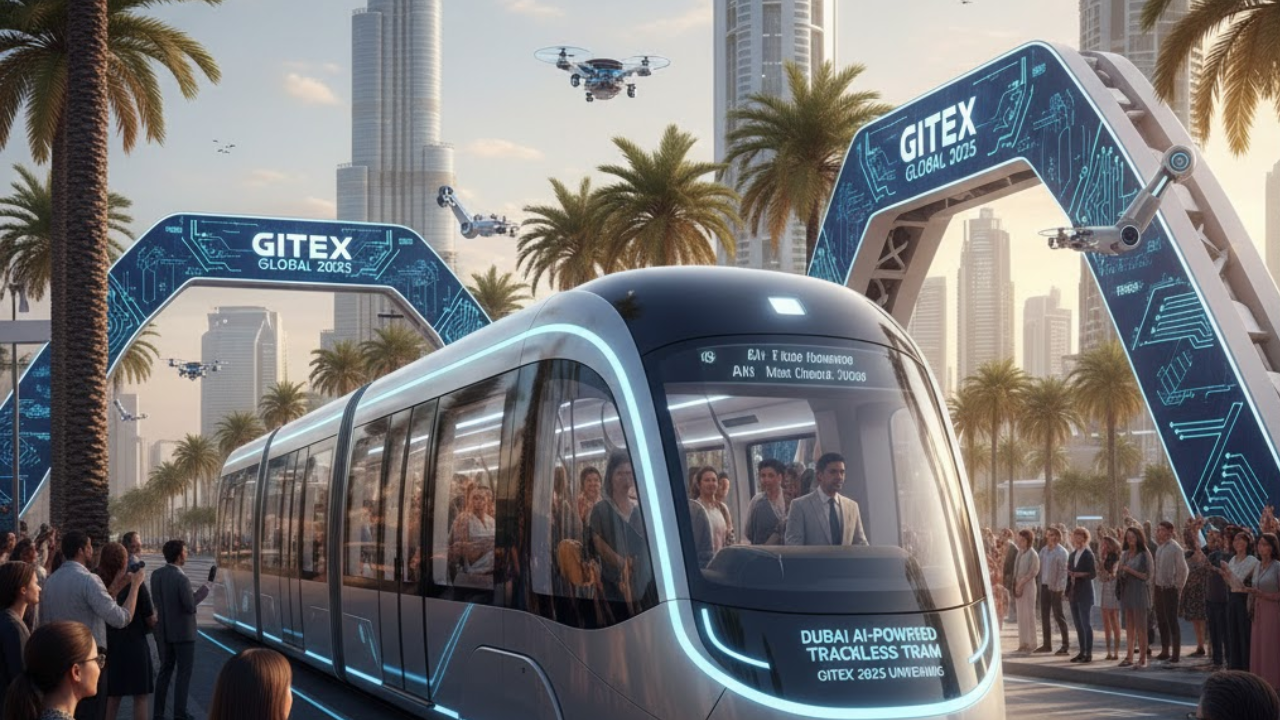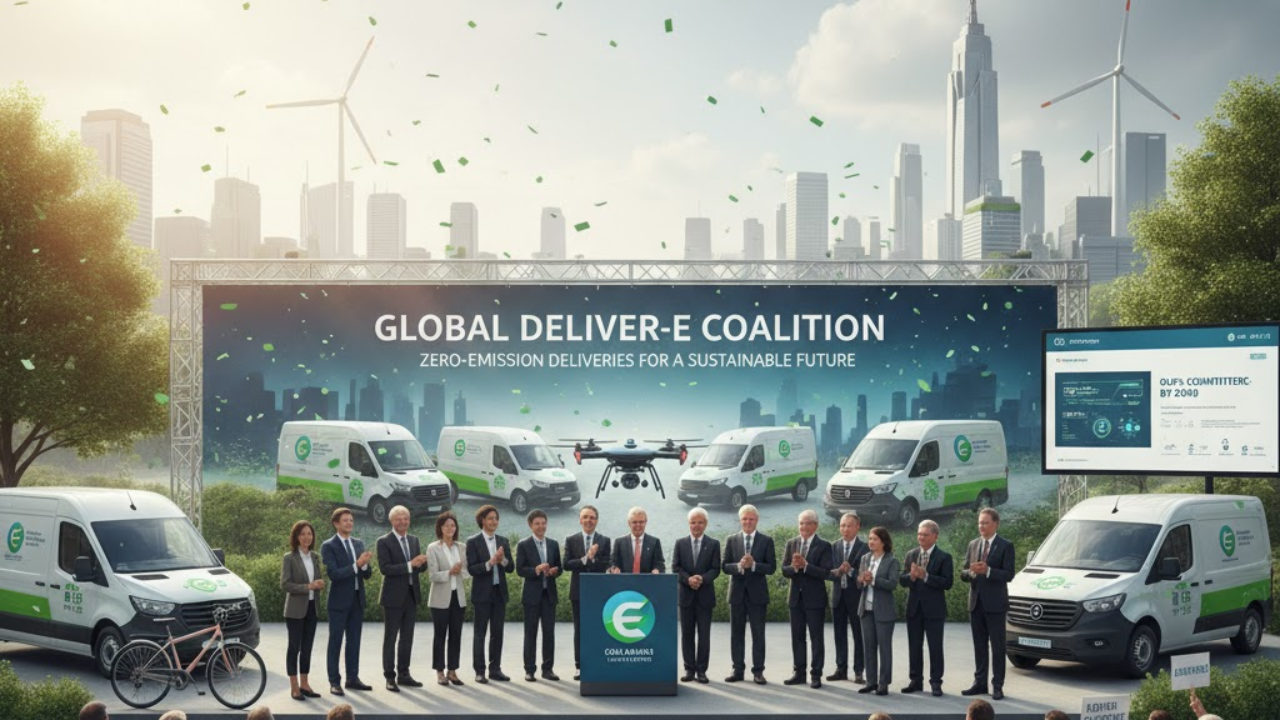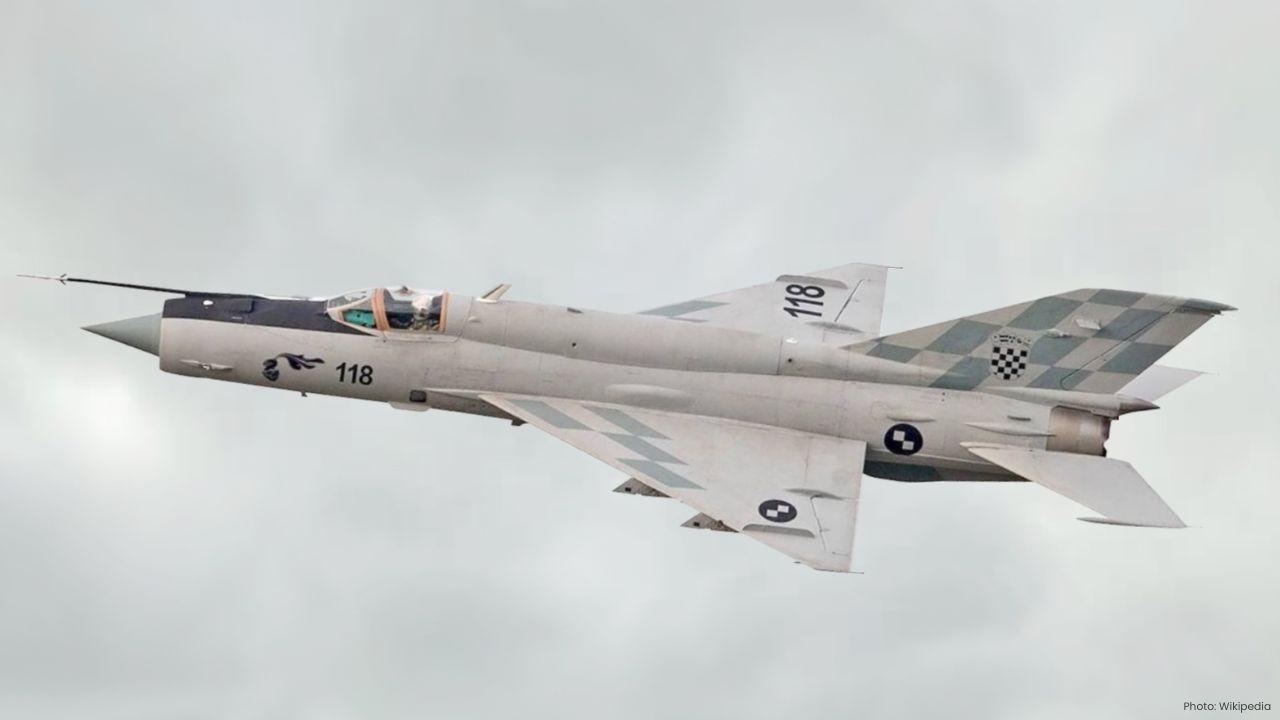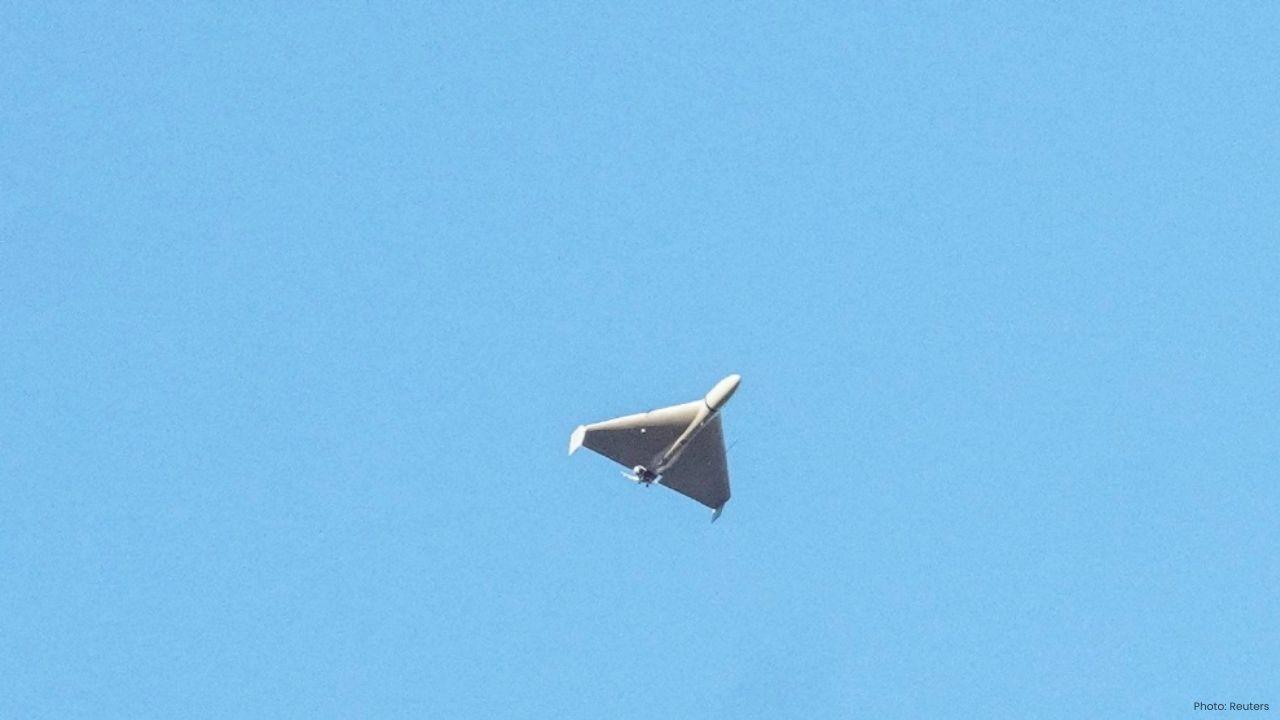
Post by : Avinab Raana
Photo : X / Airline Gossip
UAW and GE Aerospace Reach Deal
A long-standing impasse finally shattered this week as the United Auto Workers union and GE Aerospace reached a labor agreement after a strike at the Evendale, Ohio, and Erlanger, Kentucky plants. Over 600 dedicated aerospace workershad walked out in late August, demanding better respect, pay, and protections. The new contract aims to mark a turning point in contract negotiations within aviation, promising not only material gains for workers, but a clearer signal across the industry that the workforce will no longer accept incremental or vague promises.
What Workers Demanded
In the lead-up to the deal, workers at GE Aerospace pressed for several core improvements: better health care costs that don’t burden employees, stronger protections for job security, and more generous time off for rest and family. They also sought assurances that any future shifts in company strategy or automation would not erode their roles. These demands reflect years of frustration over stagnating benefits and rising living costs, especially among skilled labor in aerospace sectors where precision, safety, and reliability are non-negotiable.
The Strike: Solidarity & Strategy
The strike began once contract talks broke down. Workers walked away from their posts, raised picket lines, and held on even under pressure. That unity among machinists, engine assemblers, parts suppliers, and other roles became a central tactic in contract negotiations. The strike delayed operations at plants producing military engines and parts, applied economic pressure, and sent a message: aerospace workers expect contracts that recognize their contributions under rising demand and cost of living pressures.
Details of the Tentative Deal
The labor agreement spans five years. Among the key provisions: enhanced job security measures, improved healthcare terms that offset cost increases, increased vacation and personal time, and maintenance of existing strike-language protections. The deal intends to bring greater predictability for workers and reduce anxiety around layoffs or shifting job designations. For many employees, these gains represent more weight than a pure pay raise, they echo values of dignity, stability, and respect.
Ratification Vote and Worker Feedback
Before the deal becomes binding, union members will vote on ratification on September 19. Until then, picket lines will stay active. Workers will gather to discuss the contract’s fine print: what they win and what remains ambiguous. This is the moment where aerospace workers measure whether the proposals live up to the strike’s promise. Many hope this isn’t just a pause, but a foundation for ongoing improvements.
Company Perspective & Operational Impacts
For GE Aerospace, agreeing to the deal comes after weeks of production disruptions and reputational pressure. The Evendale plant builds engines for marine and industrial use some for the U.S. Navy while the Erlanger facility supplies crucial parts. These operations are central not only to national defense but to regional economies dependent on employer stability. Securing this labor agreement helps resume operations and rebuild trust with the workforce.
Broader Context: Labor Power in Aviation
This deal fits into a wider pattern: skilled labor in aviation and aerospace is increasingly asserting itself. From pilots and flight attendants to engineers and machinists, demands for better pay, better working conditions, and more secure contracts are growing louder. The sector’s high technical demands give workers leverage: you can’t mass-produce high-grade aerospace components without people who know what they’re doing. Thus, contract negotiations in companies like GE become bellwethers for the industry.
Cost & Inflation Pressures
Even with the deal, many workers remain cautious. Rising inflation, costs of housing, healthcare, and everyday essentials still weigh heavily. Healthcare benefit revisions must keep pace; job security provisions must be enforceable. Some workers worry about subtle shifts that may weaken protections over time. The agreement gives breathing room, but not immunity, from economic pressures that have motivated the strike in the first place.
Signals for Other Unions & Employers
This outcome sends signals across the industry. Unions in aerospace and defense will watch closely. Employers will realize that delays and weak offers can lead to costly strikes. The balance of bargaining power has shifted, especially where demand for skilled labor is high. Strategies that rely solely on offering modest raises without meaningful non-monetary benefits may no longer suffice. Aerospace workers now expect full packages: security, benefits, respect, and voice.
Implications for Regional Economies
In Ohio and Kentucky, these plants are major employers. The strike‐deal back and forth affected not just workers and management, but suppliers, service vendors, local businesses, and communities reliant on stable payrolls. Restoring full operation means wages flowing, goods moving, and local economies relieved. More broadly, when large aerospace employers reach agreements, the positive effects radiate outward through job stability and confidence.
Long-Term Effects on Labor Strategy
In agreeing to stronger protections, increased paid time off, and preserving strike language, the UAW has fortified its bargaining future. These gains will likely become reference points for upcoming contracts in similar plants. Employers will need to anticipate demands not only for monetary compensation but also for healthcare terms, vacation time, personal time, job security, and more robust contract structure. Contract negotiations that happen without those elements risk renewed unrest.
What to Watch After Ratification
Once the vote is held, three things matter most. One, whether workers approve the deal with strong margins. Two, how GE implements the changes: are healthcare cost offsets effective, are job protections honored, are increased time-off policies carried out in practice? Three, how this settlement influences momentum in other aerospace sites whether unions elsewhere will use this result as leverage, and how employers respond.
A Defining Moment for Aerospace Labor
This labor agreement between UAW and GE Aerospace doesn’t just end a strike, it redefines what aerospace workersexpect in modern contracts. It strengthens the idea that skilled labor, when unified, can win more than modest raises: it can win respect, security, and benefits that matter. And in a time of shifting global pressures, inflation, and technological change, this deal may mark a turning point. When contracts no longer merely compensate but protect and empower, the aviation and aerospace world changes. Today’s victory could be tomorrow’s standard, if workers everywhere hold fast to what concessions really mean.
Labor agreement, Aerospace workers, Contract negotiations










Bengaluru-Mumbai Superfast Train Approved After 30-Year Wait
Railways approves new superfast train connecting Bengaluru and Mumbai, ending a 30-year demand, easi

Canada Post Workers Strike Halts Nationwide Mail and Parcel Services
Canada Post halts operations as CUPW strike disrupts mail and parcel delivery nationwide amid disput

PM Modi Launches BSNL ‘Swadeshi’ 4G Network, 97,500 Towers Built
India enters global telecom league as PM Modi inaugurates BSNL’s indigenous 4G, connecting 26,700 vi

India’s Iconic MiG‑21 Takes Final Flight After Six Decades of Service
After 60 years India retires its MiG‑21 fighter jet, a legendary yet controversial warplane marking

Hindustan Zinc unveils AI hotspot monitoring at Debari smelter
Hindustan Zinc launches AI-powered Switchyard Hotspot Monitoring at Debari smelter to cut outages bo

Chinese experts worked inside sanctioned Russian drone plant
Chinese drone specialists visited IEMZ Kupol supplying parts and drones via intermediaries, deepenin